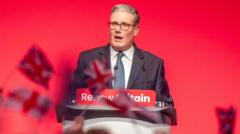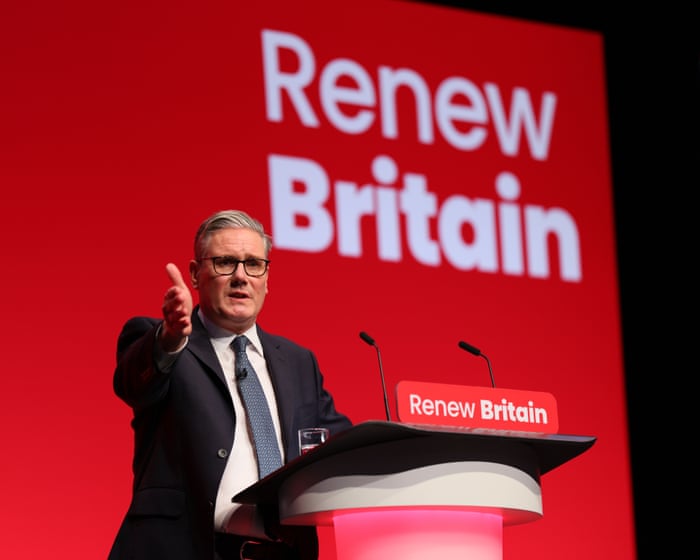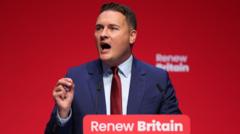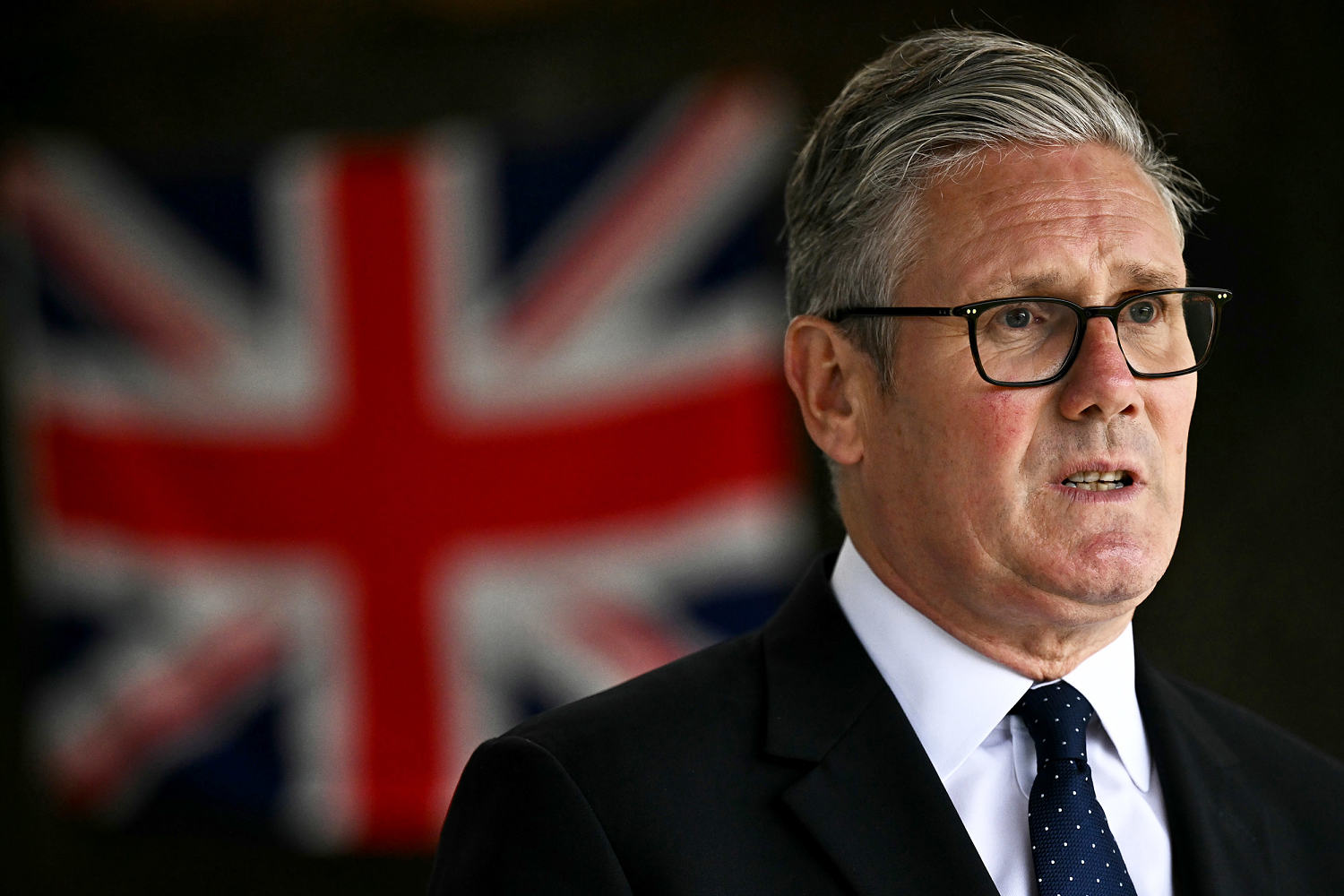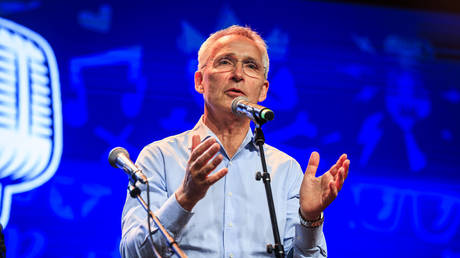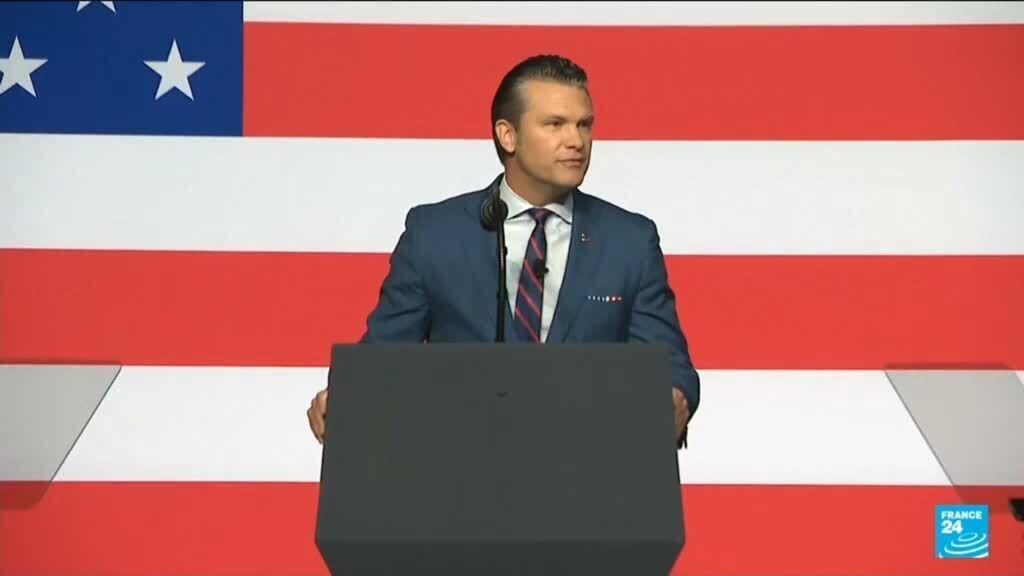Nigel Farage a ‘snake oil salesman’ comparable to Andrew Tate, says No 10 chief secretary
NegativeWorld Affairs
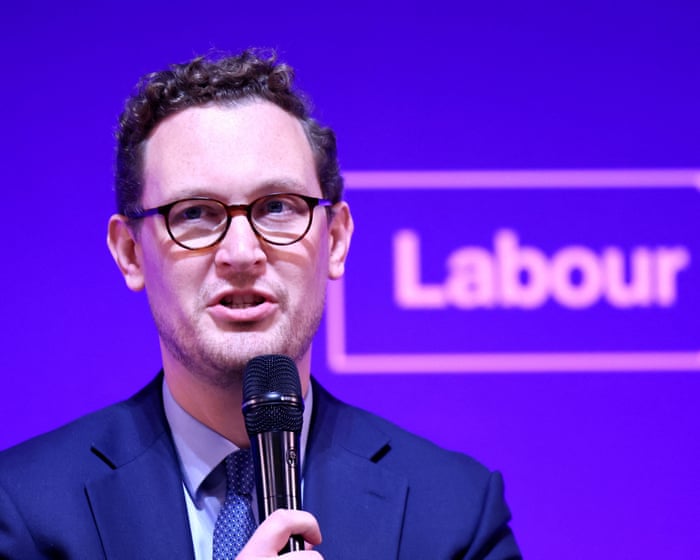
In a striking comparison, Keir Starmer's chief secretary has labeled Nigel Farage a 'snake oil salesman,' likening him to controversial influencer Andrew Tate. This comment comes as Labour plans to adopt a more aggressive stance against Reform, aiming to counteract the influence of figures like Farage who are seen as leading working-class youth astray. This matters because it highlights the ongoing political battle in the UK, where parties are increasingly focused on addressing the narratives and tactics of their opponents.
— Curated by the World Pulse Now AI Editorial System






